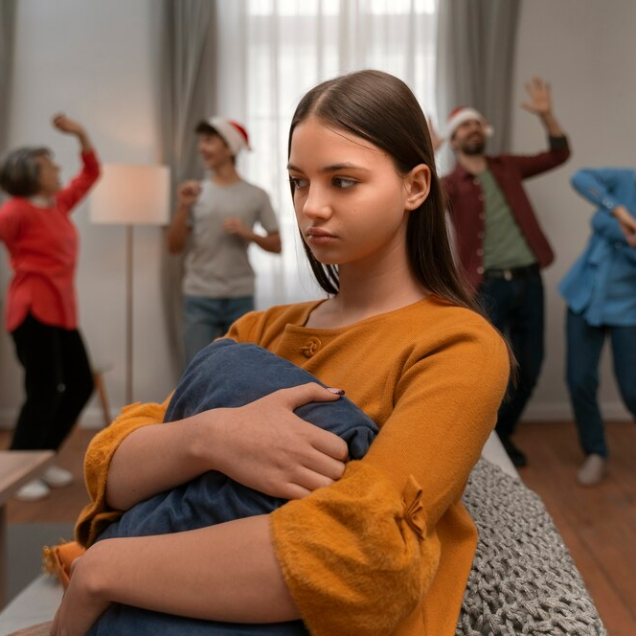Same-day online doctor visits from a phone, tablet, or computer. No need to make an appointment and wait for hours to be seen. Complete a consultation form, and a doctor will start treatment. Online treatment for social anxiety disorder is issued by a board-certified licensed mental health care provider and sent directly to your local pharmacy. Some social anxiety disorder symptoms include fear of being criticized, avoiding eye contact, or having low self-esteem. Effective medications for social anxiety disorder include paroxetine and sertraline.
What is social anxiety disorder?
Social Anxiety Disorder (SAD), also known as social phobia, is a mental health condition characterized by an intense fear of social situations and being judged or scrutinized by others. Individuals with SAD often experience significant anxiety in situations where they are exposed to potential evaluation, leading to avoidance of social interactions.
Causes of social anxiety disorder
The causes of social anxiety disorders can vary, but they typically include:
Genetics and brain structure
Social Anxiety Disorder often has a genetic component, as individuals with a family history of anxiety disorders are more likely to develop SAD themselves. Research suggests that certain genetic factors may predispose people to experience heightened anxiety. Additionally, differences in brain structure and function can play a significant role. For example, the amygdala, a region of the brain involved in processing fear, may be overactive in individuals with social anxiety, leading to exaggerated responses to perceived social threats.
Environmental factors
Environmental influences also contribute significantly to the development of SAD. Traumatic childhood experiences, such as bullying or social rejection, can instill a deep-seated fear of social situations. Moreover, parenting styles that are overly protective or controlling may prevent children from developing healthy social skills, fostering a sense of anxiety when faced with social interactions. Such experiences can create a foundation for negative beliefs about oneself and others, leading to increased anxiety in social settings.
Cognitive factors
Cognitive patterns play a crucial role in social anxiety. Individuals with SAD often engage in negative thinking, such as expecting the worst outcomes in social situations or fearing embarrassment. Perfectionism is another cognitive factor that can exacerbate feelings of anxiety, as individuals may set unrealistically high standards for themselves in social contexts. This tendency to catastrophize and overanalyze social interactions can create a cycle of anxiety that becomes increasingly difficult to break.
Cultural and societal influences
Cultural norms and societal expectations also shape the experience of social anxiety. In some cultures, there may be significant pressure to conform to certain social behaviors, leading to increased self-consciousness and anxiety. The fear of judgment or failure in meeting these societal expectations can heighten anxiety levels, making it challenging for individuals to engage in social situations comfortably.
Peer relationships and stressful life events
Difficulties in peer relationships during childhood or adolescence can further contribute to social anxiety. Experiencing exclusion or rejection can reinforce feelings of inadequacy and fear in social settings. Additionally, stressful life events, such as moving to a new area, starting a new job, or facing personal losses, can trigger or worsen social anxiety symptoms. These events may challenge an individual’s coping mechanisms and increase their sensitivity to social situations, making it more difficult to navigate interactions confidently.





 19 Oct 2024
19 Oct 2024